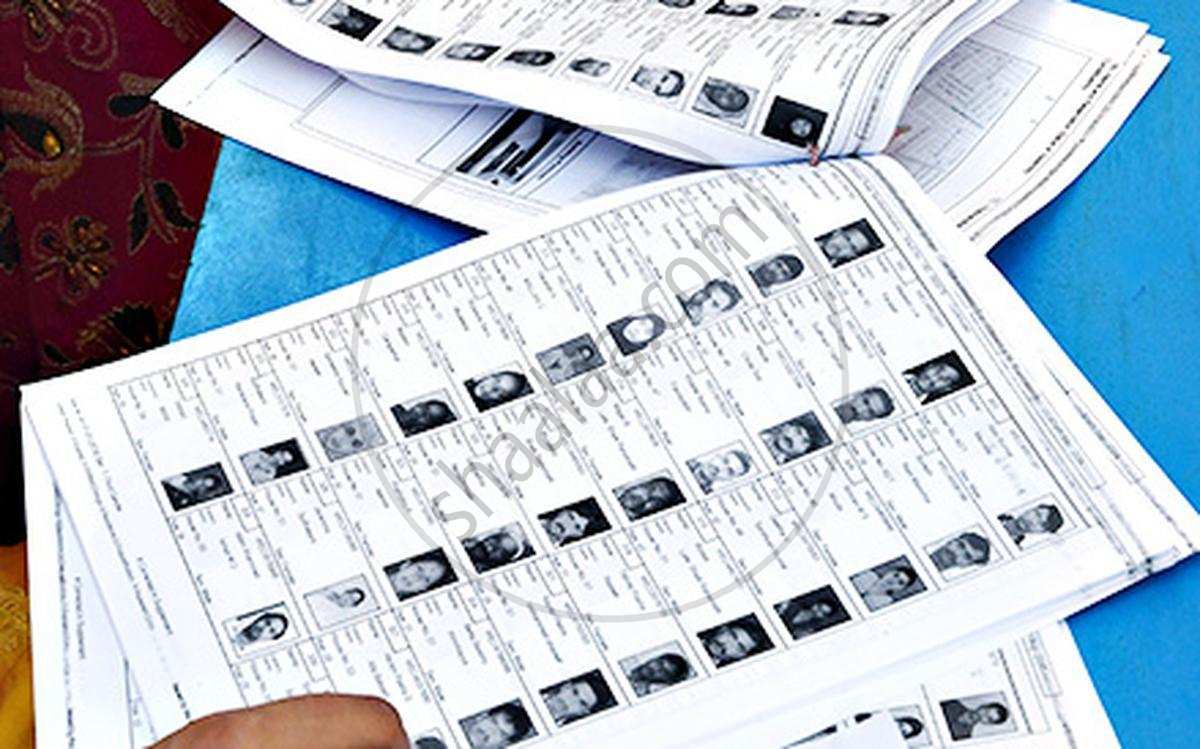Topics
Historiography : Development in the West
History : Applied History
Working of the Constitution
Historiography : Indian Tradition
The Electoral Process
Political Science : Working of the Indian Constitution
Applied History
Political Parties
History of Indian Arts
- What is ‘Art’?
- Indian Traditions of Visual Arts (Drik Kala): Painting
- Prehistoric Paintings
- Mural Paintings and Cave Painting
- Folk Styles of Paintings
- Classical Styles of Painting
- Miniature Paintings in Manuscripts
- Modern Indian Paintings
- Indian Traditions of Visual Arts (Drik Kala): Sculpture Art
- Indus Civilization Sculpture
- Folk Styles of Sculptural Art
- Classical Styles of Sculptural Art
- Indian Iconography
- Indian Traditions of Visual Arts (Drik Kala): Architecture and Sculpture
- Rock-cut Architecture
- Temple Architecture
- Indo-Islamic Architecture
- Indo-Gothic architecture
- Indian Traditions of Performing Arts
- Indian Theatre
- Indian Music
- Indian Dance
- Present Scenario of the Performing Arts
- Art, Applied Art, and Professional Opportunities
Social and Political Movements
- Movement
- Important Movements in India
- Tribal Movement
- Farmers Movement
- Worker's Movements
- Women’s Movement
- Environment Movements
- Consumer Movement
Mass Media and History
Challenges Faced by Indian Democracy
Entertainment and History
Sports and History
Tourism and History
Heritage Management
History - Imperialism
History - 20th Century Age of conflict
History - Emancipation of Asia and Africa
History - World after World War 2
Political Science
Geographical discoveries and colonization
- Concept for Geographical Discoveries and Colonization
Africa
- Imperialism - Africa
Asia: India, China, Japan
- Concept for Asia: India, China, Japan
Dictatorships in Europe, Second World War and world
- Concept on Dictatorships in Europe
- Concept for Second World War and World
First world war
- Concept on First World War
The League of Nations
- Concept for the League of Nations
Russian Revolution
- Concept for Russian Revolution
United Nations Organization
- Concept for United Nations Organization
Africa
- Emancipation of Africa
Asia
- Emancipation of Asia
Globalization
- Globalization After World War II
Scientific and Technological Progress
- Scientific and Technological Progress After World War II
Cold war
- Formation of the Cold War
Social Diversity and Democracy
- Social Diversity
- Coccept for Caste/Race and Democracy
- Concept for Language and Democracy
- Cocnept for Religion and Democracy
- Concept for Gender and Democracy
- Concept for Democracy and Diversity
Challenges to Democracy Remedial Measures to the Challenges
- Concept for Challenges to Democracy Remedial Measures to the Challenges
Internal work
Democracy
- Democracy - Meaning, Types and Characteristics
Political Parties and Types
- Political Parties
- Importance of Political Parties
- Major National and Regional Parties in India/ Types of Political Parties
Definition
- Voters’ List: The list of those who are eligible to vote is prepared much before the election and given to everyone. This list is officially called the Electoral Roll and is commonly known as the Voters' List.
Notes
Functions of the Election Commission:
1. Preparing the voters list:
 |
- In a democratic election, the list of those who are eligible to vote is prepared much before the election and given to everyone. This list is officially called the Electoral Roll and is commonly known as the Voters' List.
- It is the election commission responsibility to get the names of all eligible voters on the voters' list. Names are added to the voters' list as new people reach voting age. Names of those who leave a location or who die are removed. Every five years, the list is completely updated. This is done to ensure that it is always up to date.
- In recent years, a new system of Election Photo Identity Card (EPIC) has been introduced. The government attempted to issue this card to everyone on the voter list. Voters are required to bring this card with them when they vote so that no one else can vote for them.
2. Scrutiny of the applications of candidates:
People should have a genuine choice in a democratic election. This occurs only when there are almost no restrictions on who can enter an election. This is exactly what our system offers. Anyone who is eligible to vote can also compete for office. The only difference is that a candidate must be 25 years old to be in office, whereas a voter must be 18 years old. Other restrictions on criminals, for example, apply only in extreme cases. Political parties nominate candidates who receive the party symbol and backing. The nomination of a political party is commonly referred to as the party's ticket.
Everyone who wants to contest an election must fill out a 'nomination form' and pay a 'security deposit'. On the Supreme Court's direction, a new declaration system was recently implemented. Every candidate must sign a legal declaration outlining the following information:
- Serious criminal cases pending against the candidate;
- Details of the candidate's assets and liabilities; and
- educational qualifications of the candidate.
This data must be made public. This allows voters to base their decisions on the information provided by the candidates.
3. Decide the timetable and the programme of elections:
It is the responsibility of the Election Commission to conduct elections. Decisions regarding when to conduct elections and in how many stages to hold elections in every stage are taken by the Election Commission.
4. Give recognition to political parties:
In our country, we have a multiparty system. New parties are formed continuously. New parties are formed when a split in parties occurs. Election Commission recognizes all political parties. Likewise, it can derecognize any political party. Political parties are allotted election symbols by the Election Commission.
5. To resolve any disputes relating to elections:
The responsibility of the Election Commission are as follows:
- To resolve any disputes that may arise regarding elections.
- To declare any candidate as disqualified
- Conduct re-election in a particular constituency
